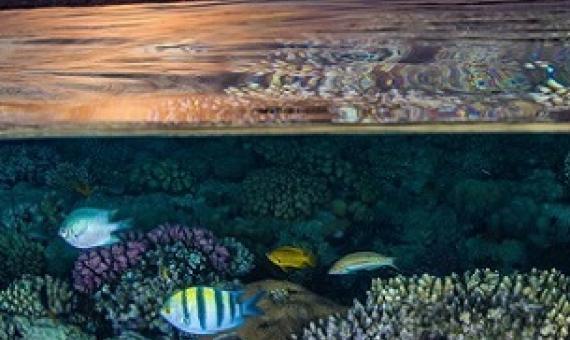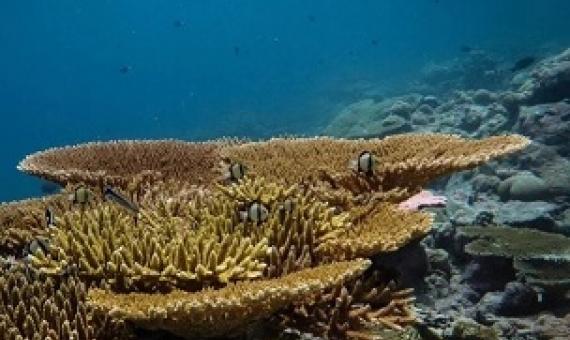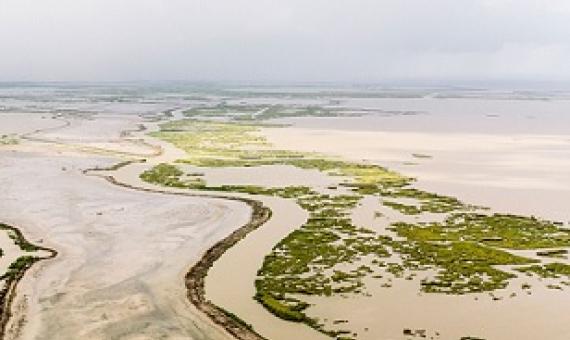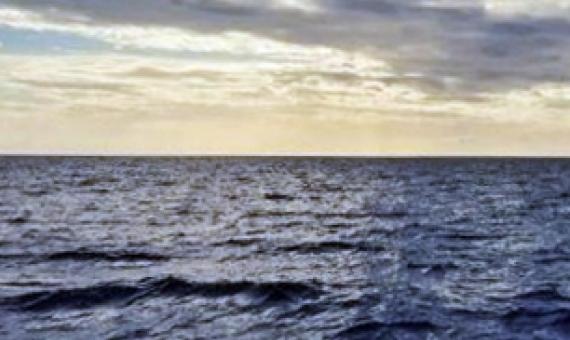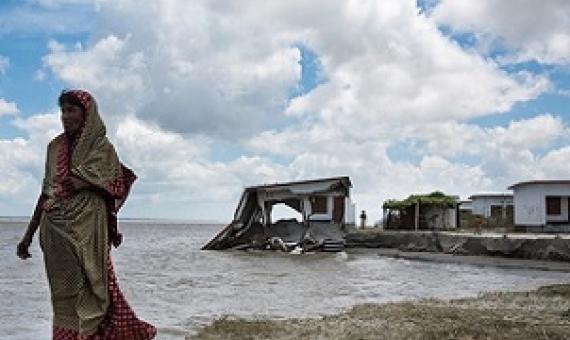The world’s best-known coral reefs could be extinct by the end of the century unless we do more to make them resilient to our warming oceans. That’s the stark message from UNESCO, which is behind an emergency bid to protect these natural marine wonders, 29 of which are on the agency’s protected W
Half of the planet’s non-human species are already on the move in response to climate change impacts on temperature, precipitation or the movement of other species...Traditional forms of species conservation have focused on well-defined, immovable boundaries to create national parks or other prot
A new study performed has shown that coral reefs present in remote or protected regions can rapidly recover following mass coral bleaching events...To gain better insight into the effects of climate change on reef functions, the researchers analyzed around 12 reefs in the remote Chagos Islands in
Earlier this month, the Intergovernmental Report on Climate Change (IPCC) Working Group II (WGII) released a report that consisted of the impacts, adaptation and vulnerability. This report has shown that with all these climate crises, women are at the very forefront of climate change and it will
Climate Change, Coral Reef Ecosystems, and Management Options for Marine Protected Areas
Marine protected areas (MPAs) provide place-based management of marine ecosystems through various degrees and types of protective actions. Habitats such as coral reefs are especially susceptible to degradation resulting from climate change, as evidenced by mass bleaching events over the past two decades. Marine ecosystems are being altered by direct effects of climate change including ocean warming, ocean acidification, rising sea level, changing circulation patterns, increasing severity of storms, and changing freshwater influxes.
To deal with climate change and biodiversity loss effectively and equitably, conservation needs to adopt a human rights-based approach, according to a new report co-authored by Indigenous and community organizations across Asia.
In the Torres Strait, between Australia and Papua New Guinea, lies Bramble Cay—a small, low-lying sandy island once home to a chubby-cheeked, brown rat found nowhere else in the world called the Bramble Cay melomys.
A series of regional conventions and policies are playing an essential role in monitoring climate change and preparing for extreme weather events, preventing oil spills, reducing plastic and other waste, saving coral reefs, and providing overall ocean protection and restoration of marine ecosyste
Latest IPCC climate report warns that rising greenhouse-gas emissions could soon outstrip the ability of many communities to adapt. The negative impacts of climate change are mounting far faster than scientists predicted less than a decade ago, according to the latest report from a United Nations
Samoa has set her sights on planting three million trees, and possibly more, to protect the environment and fight back against the adverse impact of climate change. As of 2020, more than 2 million trees had been planted by school children, community based groups, N.G.Os, sports people and other r
